At first glance, Holy Motors is all about one astonishing performance — or several, depending on how you look at it. The performance in question is by Denis Lavant, who plays M. Oscar, a blank page of a man who scribbles over himself with make-up and wigs to portray a succession of different characters. At the film’s outset he is a Parisian businessman, leaving his home in a limousine to do battle with the markets. Soon after, he is an old beggar woman, a sex robot sheathed in rubber, a gangster, a father and more. We never really know why he does this beyond — in his own words — ‘the beauty of the act’.
But then, look closer, and there’s more going on. Is it any coincidence that M. Oscar is a chain-smoker, much like Holy Motors’ director Leos Carax? Or that Carax himself appears in a prologue to the film, awakening from sleep into a cinema? No, surely it’s all just as deliberate as when the driver of the limousine, the actress Edith Scob, puts on a mask that recalls her role in George Franju’s Les yeux sans visage (1960). Here’s a film dripping with reference, introspection, cinema, questions of identity…
If that makes Holy Motors sound yawningly pretentious, then let me assure you: it’s not. What really distinguishes it is its punkish sense of fun. It contains the best musical interlude this side of Lawrence of Arabia, and ends on two punch-lines that echo Toy Story (1995) and the old PG Tips adverts, respectively. I’m still trying to figure out the joke, but it’s certainly not on the viewer. This is one to savour.
The post Hall of mirrors appeared first on The Spectator.
Got something to add? Join the discussion and comment below.
Get 10 issues for just $10
Subscribe to The Spectator Australia today for the next 10 magazine issues, plus full online access, for just $10.

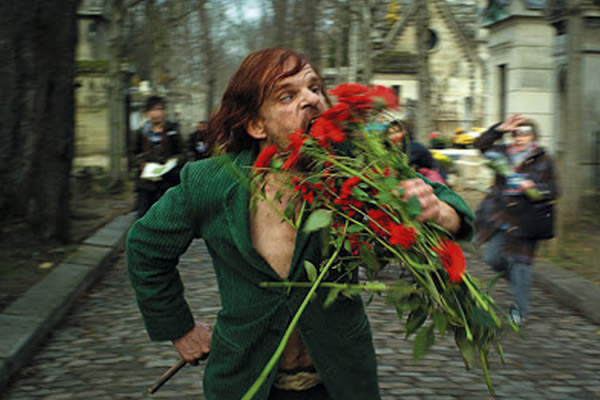
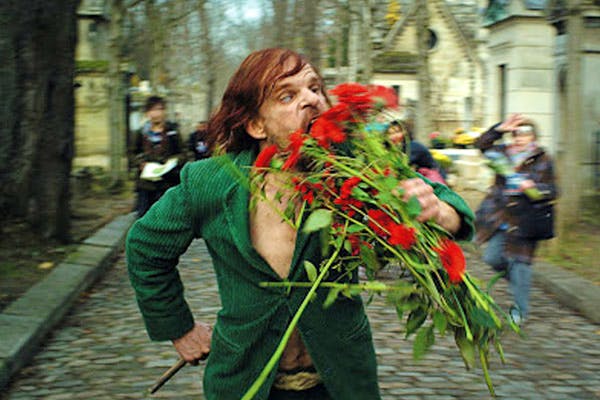


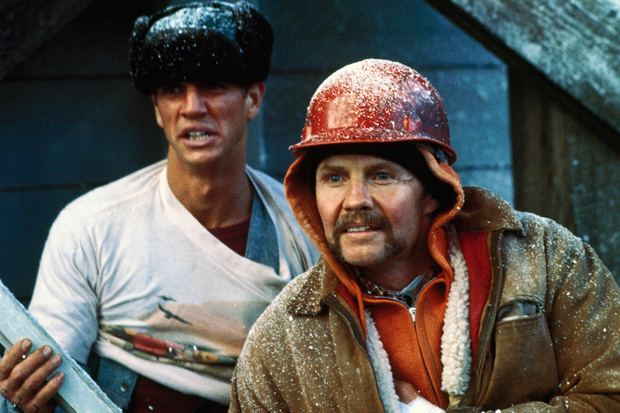
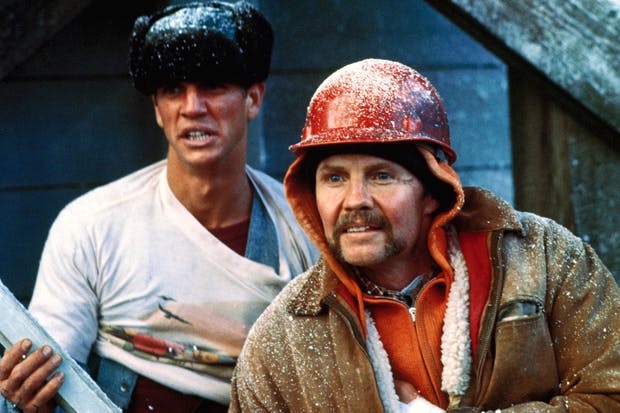
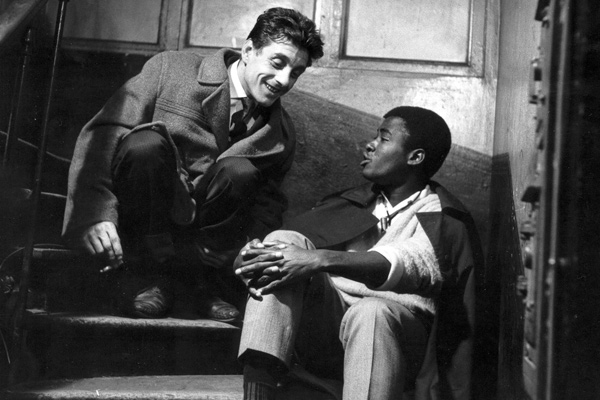






Comments
Don't miss out
Join the conversation with other Spectator Australia readers. Subscribe to leave a comment.
SUBSCRIBEAlready a subscriber? Log in